Putting bigger tires on a vehicle can improve the overall look of your ride. But will putting bigger tires affect the steering or handling of a vehicle? Let's take a look below.
Since bigger tires are heavier, they can affect a vehicle's steering. The extra weight on the outside of the car can make the car feel less responsive to steering input.
In addition, the added weight can make the reaction timer slower, which can make handling feel less precise.
There are advantages and disadvantages of putting bigger tires on a vehicle. In this article, we will dive into how it can affect the handling and steering of your vehicle. In addition, we will answer other frequently asked questions about bigger tires, so read on!
Will Bigger Tires Make My Vehicles Steering And Handling Worse?
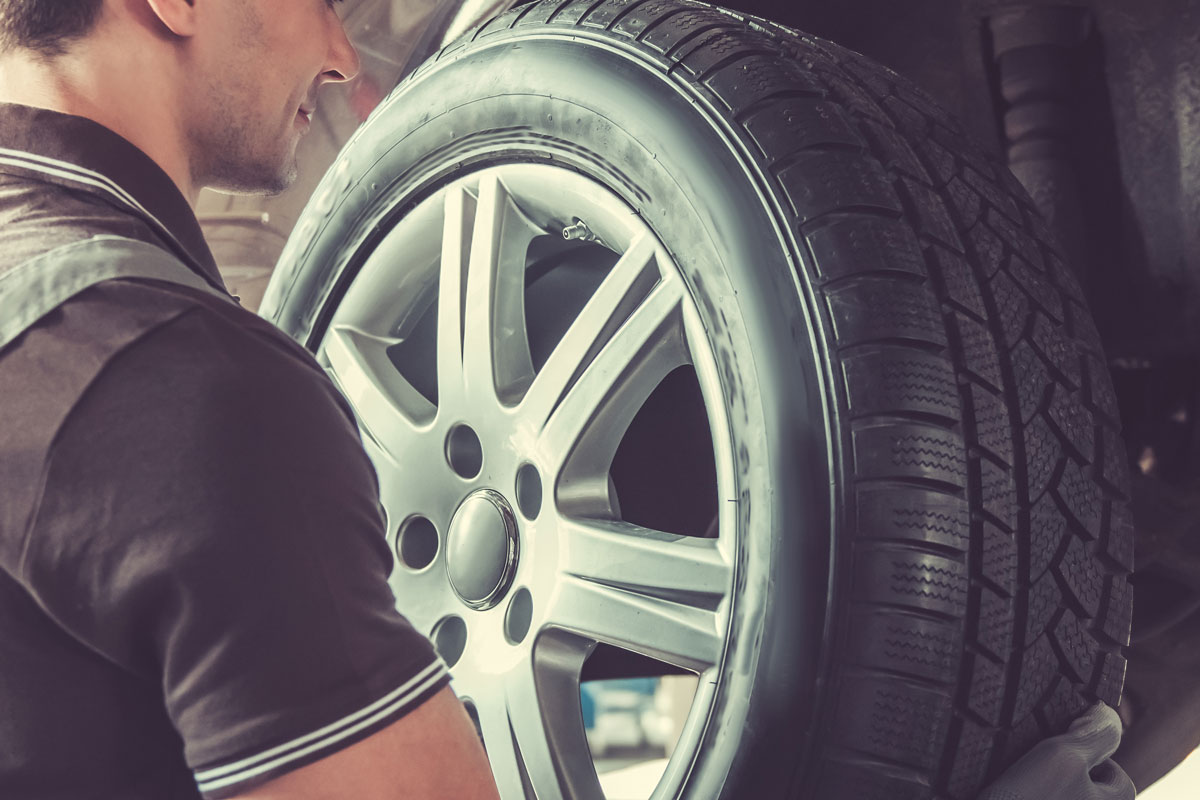
There are several reasons why someone would want to put bigger tires on their vehicle. Some people do it for the look, while others like the increased performance that bigger tires can offer.
One thing to think of before making the decision to put bigger tires on your vehicle is how it might affect the steering and handling.
Steering is when you turn the vehicle's wheel from left to right, and allows you to control the vehicle. Handling is how the car responds to steering input and includes things like grip, braking, and suspension.
The bigger the vehicle, the heavier it is. For example, an Audi sedan will have better handling around a corner than a Chevy Tahoe. This is because the Audi is smaller, lighter, and has a lower center of gravity.
When you put bigger tires on your vehicle, it makes it heavier. This extra weight can make the car feel less responsive to steering input and can make the reaction timer slower.
Bigger tires will also increase the vehicle's height, making it less stable in high winds or increasing rollover risk.
If you want their vehicle to handle well and be responsive to steering input, you might want to stick with the stock tires. But if you are looking for a more aggressive look or increased performance, then bigger tires might be the way to go.
Nonetheless, there are advantages and disadvantages to putting bigger tires on a vehicle. Let's take a look at them in detail to help you make a decision.
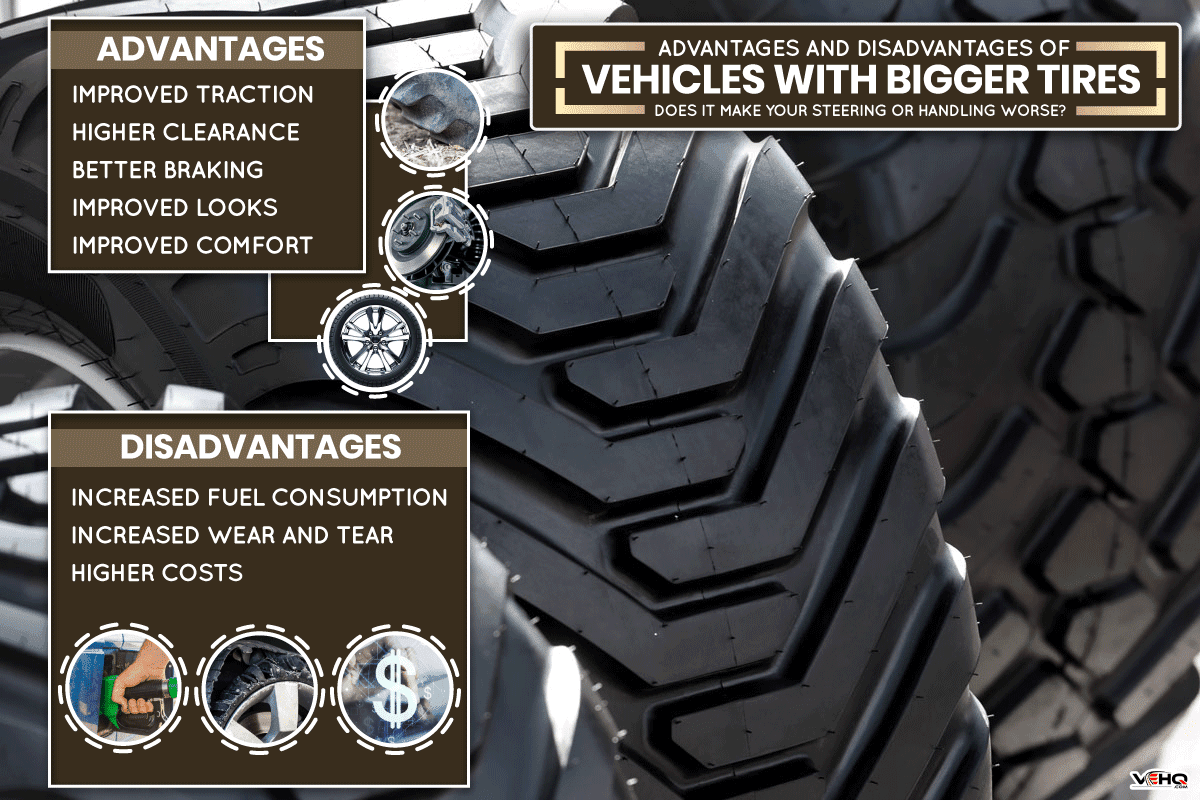
Advantages Of Bigger Tires
Let's start with the positives of putting bigger tires on your vehicle.
Improved Traction
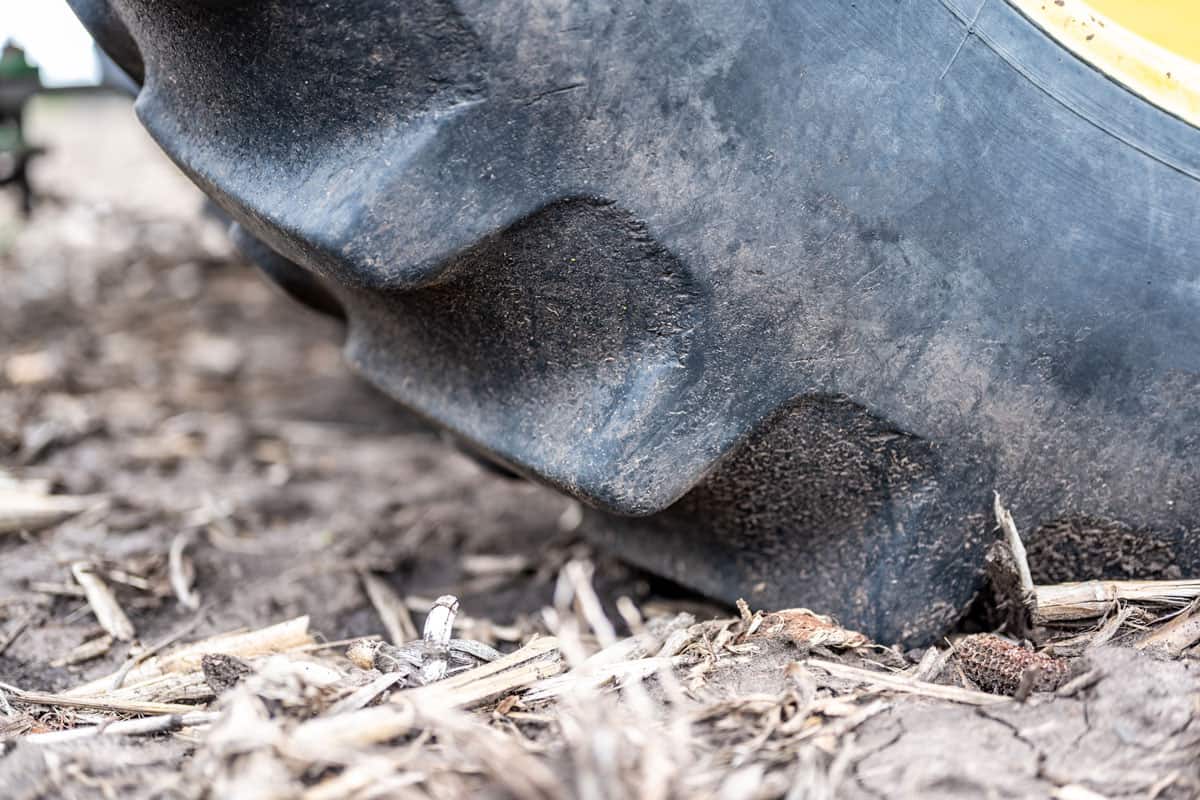
One advantage of bigger tires is that they offer better grip. This is because they have a larger contact patch with the ground. The contact patch is the area of the tire that is in contact with the ground at any given time.
The bigger the contact patch, the more grip the tire will have. This is why race cars and other performance vehicles often have very large tires. The increased grip can allow the car to go faster around corners and brake more effectively.
In addition, the increased grip can make the car feel more stable at high speeds. This is because the tires are less likely to lose contact with the ground, which can cause the vehicle to lose control.
Also, people who go off-roading can benefit from the increased grip that bigger tires offer. This is because they will be able to better tackle rough terrain without the risk of getting stuck.
Think of Jeep Wranglers that are set up for off-roading. They often have very large tires that allow them to go over rocks and other obstacles that would otherwise be impossible to conquer.
Higher Clearance
Another benefit of bigger tires is higher road clearance. Depending on your vehicle type, this can be a big advantage.
For example, if you have an SUV or truck, you might want to put bigger tires on it to help overcome obstacles. This is because the increased clearance can help prevent the vehicle from bottoming out on bumps and other obstacles.
In addition, the higher clearance can also help protect the vehicle from rocks and other debris that might otherwise cause damage. This is why many people who go off-roading will put bigger tires on their vehicles.
The increased clearance can also be beneficial in the snow. This is because it can help prevent the vehicle from getting stuck in deep snow.
Better Braking
As mentioned earlier, bigger tires will give your vehicle better grip and traction. This increased grip can also help improve braking.
This is because the increased contact patch will allow the tires to grip the road better, which can help the vehicle stop more effectively.
In addition, the increased weight of the tires can also help absorb some of the energy from braking, which can further improve stopping power.
Improved Looks
Bigger tires can give an aggressive look to a vehicle. This is because they often make the vehicle look lower to the ground and wider.
This can be beneficial if you are trying to give your vehicle a more aggressive or sporty appearance. In addition, many people believe that bigger tires improve the overall look of a vehicle.
Improved Comfort
Bigger tires better absorb bumps and other imperfections in the road. This is because they have more rubber, which acts as a cushion.
This can lead to a smoother ride and improved comfort, especially on rough roads. In addition, the increased weight of bigger tires can also help absorb some of the energy from bumps, which can further improve comfort.
Stick with a smaller rim size and a lower profile tire to help smooth out the ride even more.
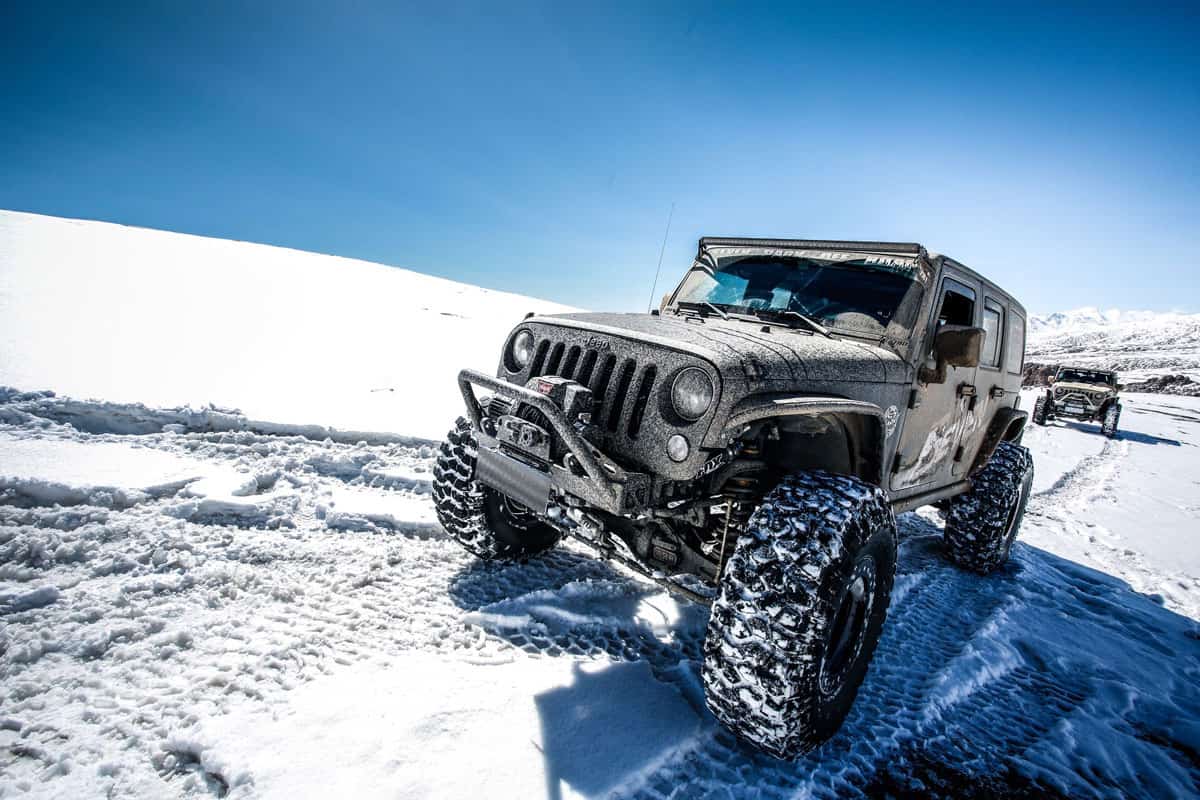
Disadvantages Of Bigger Tires
Now that we've looked at the advantages of bigger tires let's take a look at some of the disadvantages.
Increased Fuel Consumption
One downside of bigger tires is that they can lead to increased fuel consumption. This is because they are heavier than smaller tires, which means that the engine has to work harder to move them.
This can be a big disadvantage if you are trying to save money on fuel. In addition, it can also be a problem if you are trying to reduce your carbon footprint.
Increased Wear And Tear
Another downside of bigger tires is that they can cause increased wear and tear on your vehicle. Since bigger tires have more contact with the ground, they will experience more friction.
This can lead to faster wear and tear on the tires and on, suspension, and other components of your vehicle. In addition, bigger tires can make it harder to keep your vehicle aligned, further increasing wear and tear.
Higher Costs
Lastly, bigger tires can increase the costs of owning a vehicle. This is because they are often more expensive than smaller tires. In addition, they can also lead to increased costs for things like fuel and maintenance.
So, there you have it, some of the advantages and disadvantages of bigger tires. As you can see, there are pros and cons to consider before making a decision. Weigh the pros and cons carefully to decide if bigger tires are right for you and your vehicle.
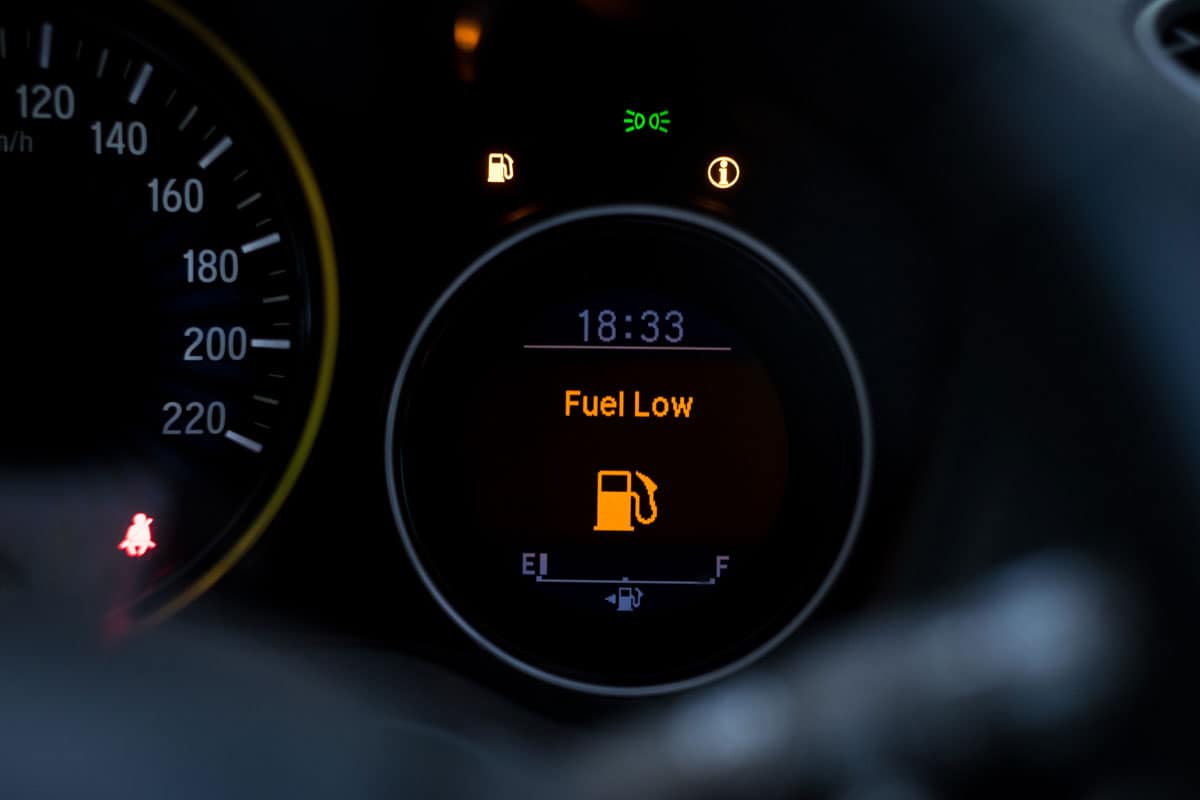
Should You Get An Alignment When You Get Bigger Tires?
Whenever putting tires on that are different from the ones that came on the car from the factory, it's always a good idea to get an alignment.
The main reason for this is that different tires can have different diameters, widths, and profiles. This can lead to the vehicle being misaligned, which can cause several problems.
Taller or wider tires will stretch the suspension, which can cause premature wear. In addition, it can also lead to the vehicle pulling to one side or the other.
The mechanic installing the new tires will likely check the alignment and make any necessary adjustments. If you are installing the tires yourself or if you are unsure if the alignment was done properly, it's always a good idea to have it checked by a professional.
Final Thoughts
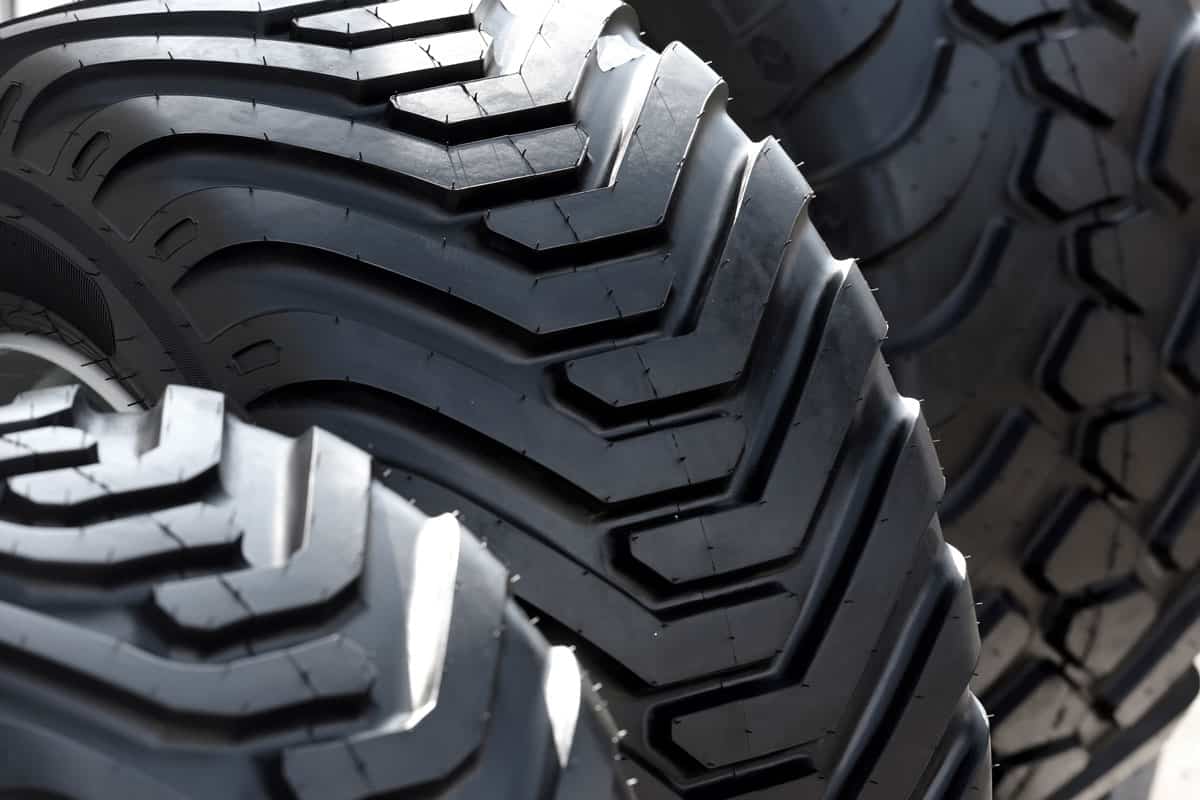
As you can see, bigger tires have several advantages and disadvantages. Weigh the pros and cons carefully to decide if they are right for you and your vehicle. And, when in doubt, consult a professional to help you make the best decision for your needs.
Made it to the end? Here are other articles you might find helpful:
Do Bigger Tires Affect Speedometer Or Odometer?
